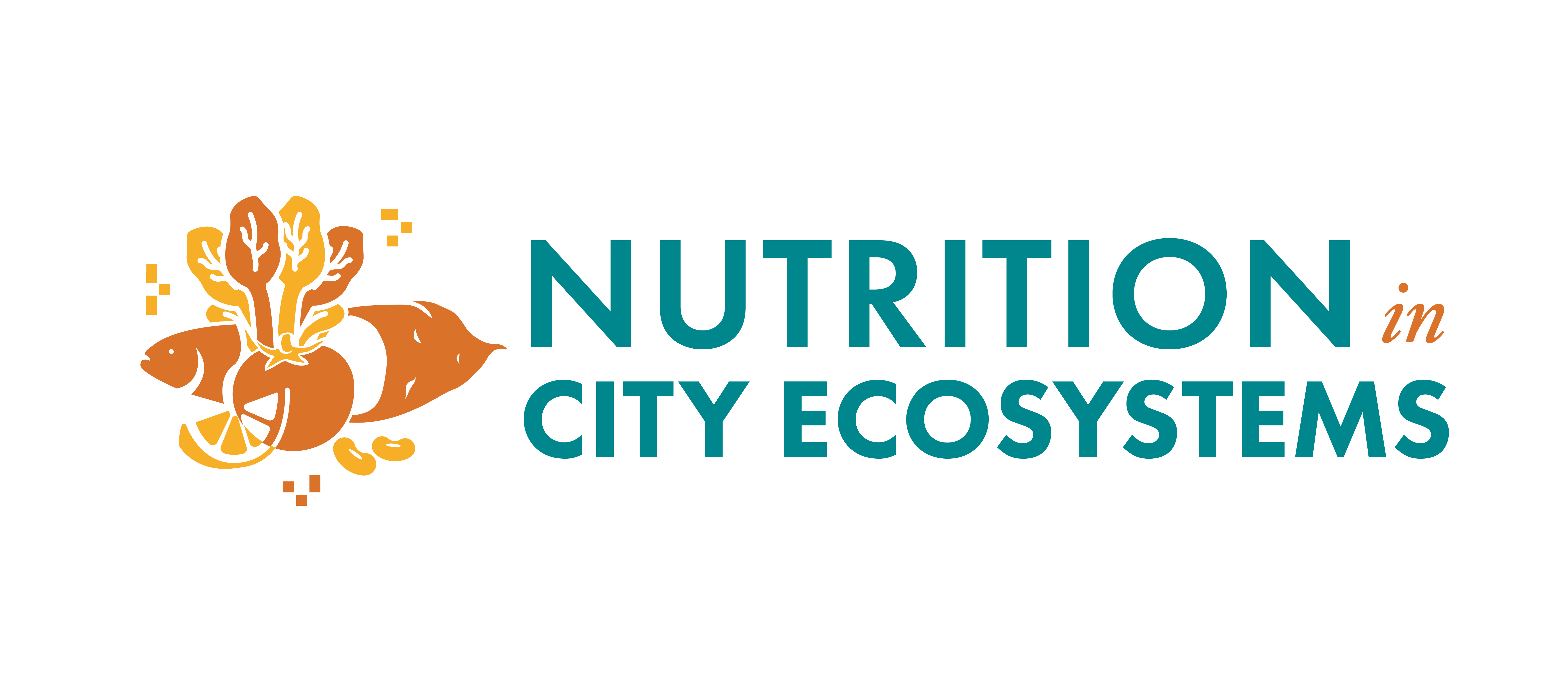NICE - Nutrition in City Ecosystems, phase II
Project Abstract
The second phase of NICE continues NICE's first phase mission to improve nutrition and reduce poverty among vulnerable populations in secondary cities of low- and middle-income countries, building on the achievements of Phase 1.
NICE envisions that populations in city regions demand and access an affordable healthy diet that comprises nutritious, safe foods that are produced locally using sustainable agroecological practices, and that farmers and food producers, local enterprises and start-ups along the value chain, especially women and youth entrepreneurs, respond to this changing demand by increasing the supply of local, safe, nutritious, diverse and affordable food to city markets.
To achieve its vision, NICE works towards four outcomes:
· Outcome 1: Governance and policy
· Outcome 2: Availability, production, and value chain
· Outcome 3: Knowledge and demand
· Outcome 4: Learning and scale-up
The cities strengthen their urban food system through improved food system governance via multi-sectoral Food System Platforms working in close alignment with national strategies and plans and engaging in joint multi-sectoral advocacy and collaboration for empowered women and youth entrepreneurs, the wide application of agroecological practices and shifted norms towards healthier diets tackling the whole spectrum of malnutrition - from undernutrition to hidden hunger and diet-related non-communicable diseases.
Focusing primarily on the six project cities Dinajpur and Rangpur in Bangladesh, Bungoma and Busia in Kenya, and Rubavu and Rusizi in Rwanda, during phase I, main phase I achievements include that, meanwhile, all 6 cities have a food system platform of multisectoral composition, developed nutrition action plans, invest own resources, and have designed a successful mechanism for channeling small grant funding to youth clubs and women’s groups, the uptake of agroecological production has increased, the cities have all engaged at least 300 entities in demand-generation activities, with increases in the sale and purchasing of nutritious foods that are traceably, safely produced using agroecological practices.
Building on all these achievements, in NICE phase II the NICE cities are now sustaining and scaling out their experiences and learning to other fellow cities within the country but also beyond through an increased focus on policy development.
Check-out our webpage: www.nice-nutrition.ch, and follow us on LinkedIn: NICE for updates.
Main Applicant(s)
Related Publications
All PublicationsBarth-Jaeggi T, Speich C, Havugimana C, Bayisenge F, Kimenju S, Omondi W, Pasha S.F, Islam S, van Zutphen-Küffer K.G, van den Berg S, Barjolle D, Pannatier M, Prytherch H. Nutrition transition, double burden of malnutrition, and urbanization patterns in secondary cities of Bangladesh, Kenya and Rwanda. BMC Nutr. 2023;9:125. DOI: 10.1186/s40795-023-00782-1
Speich C, Barth-Jaeggi T, Musard C, Havugimana C, Nwokoro C, Gakuba E, Zamil F, Secula F, Thönnissen C, Six J, Kraemer K, van Zutphen K.G, Sonnevelt M, Tshering P.P, Erismann S, van den Berg S, Winter S, Johnson-Chadwick V, Pannatier M, Gavin-Smith B, Barjolle D, Prytherch H. Nutrition in City Ecosystems (NICE): protocol of a multi-sectoral development project to improve food and nutrition security of secondary city populations in Bangladesh, Kenya and Rwanda. Front Public Health. 2023;11:1081535. DOI: 10.3389/fpubh.2023.1081535
van Zutphen K.G, van den Berg S, Gavin-Smith B, Imbo E, Kraemer K, Monroy-Gomez J, Pannatier M, Prytherch H, Six J, Thoennissen C, Winter S, Barjolle D. Nutrition as a driver and outcome of agroecology. Nat Food. 2022;3(12):990-996. DOI: 10.1038/s43016-022-00631-7
Demekas S, Prytherch H, Bayisenge F, Habumugisha S, Kraemer K, Monroy-Gomez J, Nabacu I, Speich C, Turinimigisha I, Barjolle D. Evaluating double-duty actions in Rwanda's secondary cities. Nutrients. 2024;16(13):1998. DOI: 10.3390/nu16131998
Related Topics
All TopicsRelated Activities
All Activities
